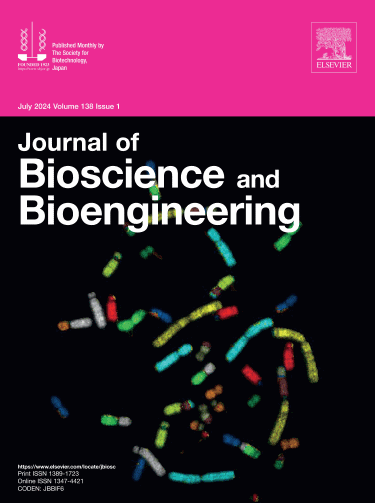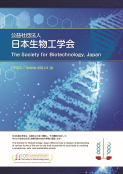Journal of Bioscience and Bioengineering Vol. 138 (2024)
Vol. 138 (July–December 2024)
Chinese hamster ovary (CHO) cells are currently the most widely used host cells in the production of biopharmaceuticals such as antibody
drugs, and it is known that the karyotype of CHO cells can be easily changed. The effect of the karyotype changeability of CHO cells on the production of recombinant proteins is an interesting subject. The photograph shows the results of karyotyping of CHO cells with increased chromosome number using the multicolor FISH method, with each chromosome number indicated by a different pseudocolor.
For more information regarding this work, read the article: Noriko Yamano-Adachi, Hirofumi Hata, Yuto Nakanishi, Takeshi Omasa, “Effects of genome instability of parental CHO cell clones on chromosome number distribution and recombinant protein production in parent-derived subclones”, J. Biosci. Bioeng., volume 137, issue 1, pages 54–63 (2024) (Copyright@2024 The Society for Biotechnology, Japan).
⇒JBBアーカイブ:Vol.107 (2009) ~最新号
⇒JBBアーカイブ:Vol. 93(2002)~Vol. 106(2008)



.gif)